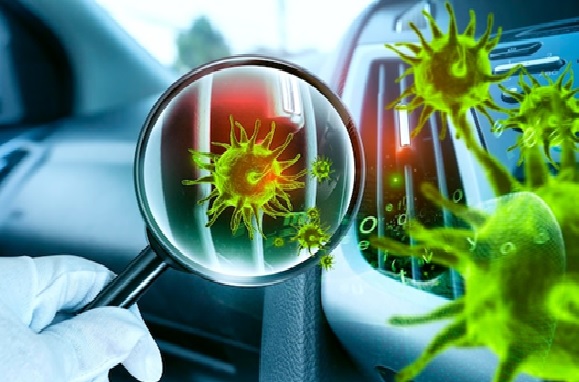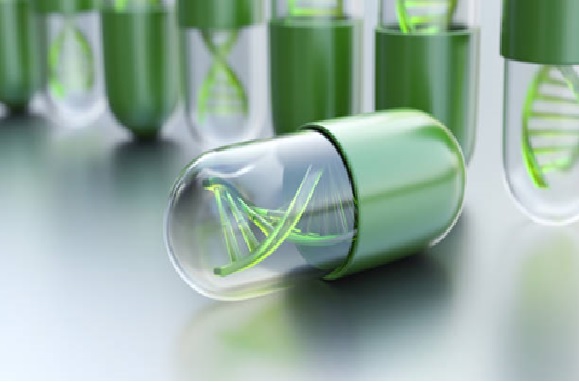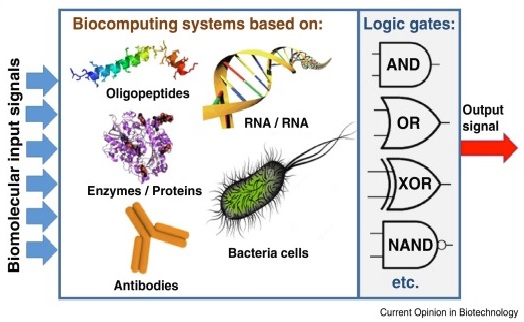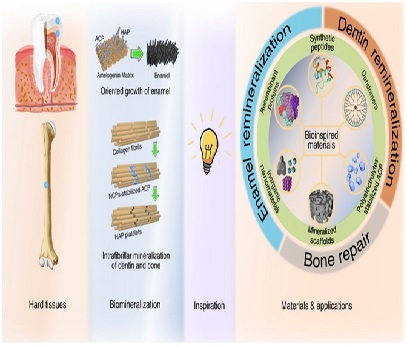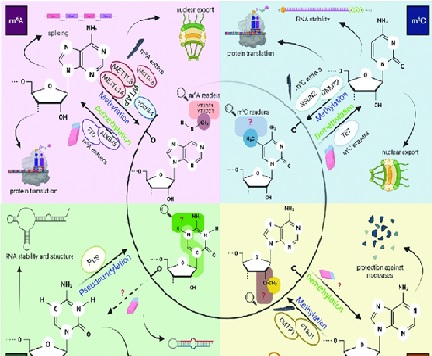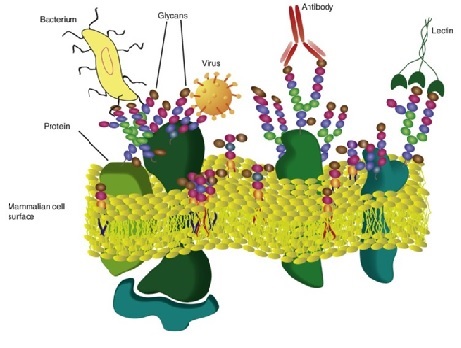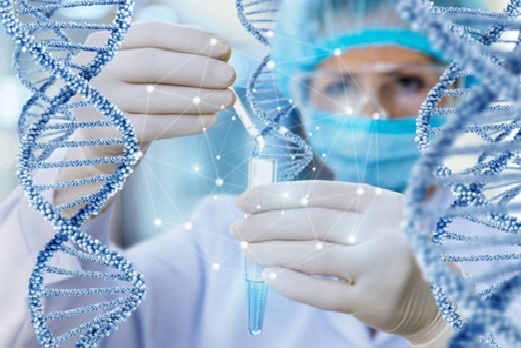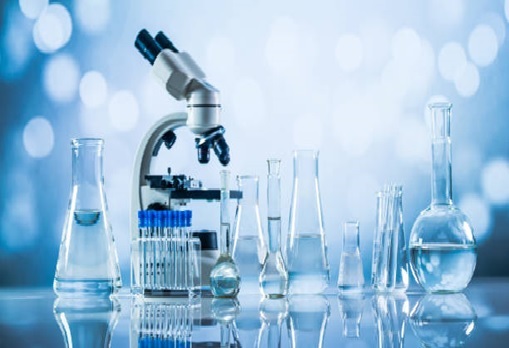Genetically Modified Organisms (GMOs)
Genetically modified organisms (GMOs) are organisms whose genetic material has been altered through genetic engineering techniques. This involves the insertion of genes from one organism into another, or the modification of existing genes within an organism. GMOs can be created in plants, animals, and microorganisms.
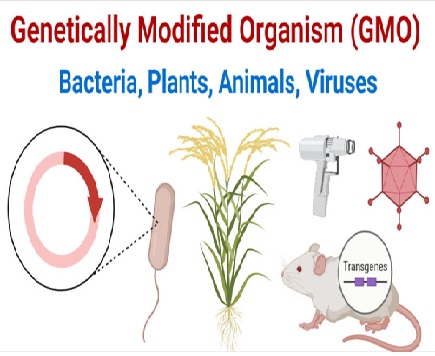
Figure 1. Genetically modified organisms (GMOs)
Figure 1 shows Genetically modified organisms (GMOs). There are many potential benefits of GMOs, such as increased crop yields, improved nutritional content, and resistance to pests and diseases. GMOs can also be used to produce pharmaceuticals, biodegradable plastics, and other products.
However, GMOs also raise concerns regarding their safety and potential environmental impact. Some worry that GMOs could have unintended effects on other organisms in the ecosystem, or that they could lead to the development of resistant pests and diseases. There are also concerns that GMOs could have negative health effects on humans, although many studies have shown that GMOs are safe to consume.
Currently, many countries regulate the use of GMOs in agriculture and food production. Some countries have banned the use of GMOs entirely, while others have strict regulations on their use and require labeling of GMO-containing products.
Overall, the debate over GMOs is complex and multifaceted, and there are both potential benefits and risks associated with their use. Ongoing research and regulation are necessary to ensure that the development and use of GMOs is safe and sustainable.
References:
- https://thebiologynotes.com/genetically-modified-organism/
Cite this article:
Hana M (2023), Genetically modified organisms (GMOs), AnaTechMaz ,pp.145


